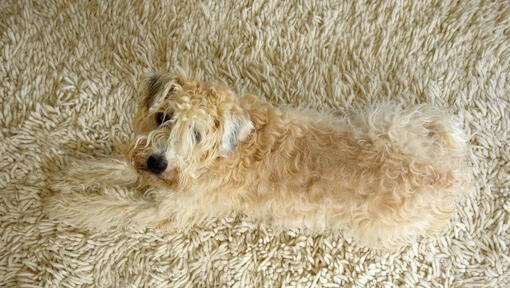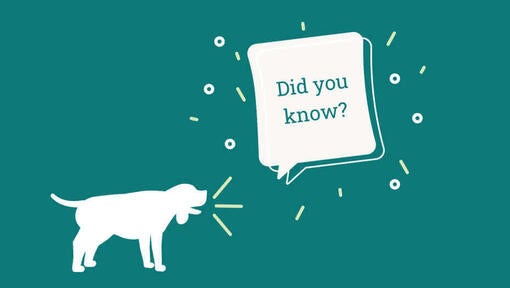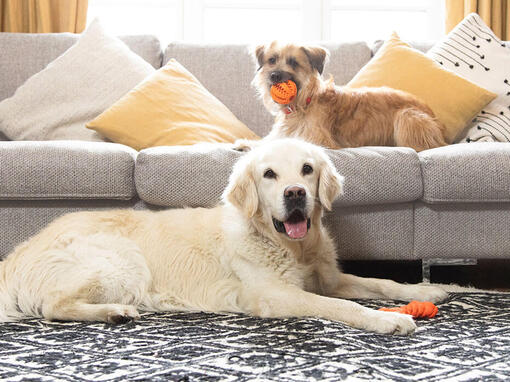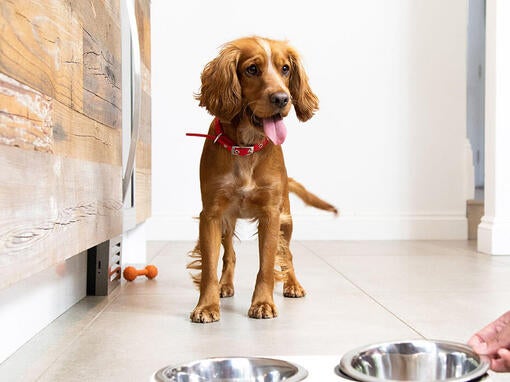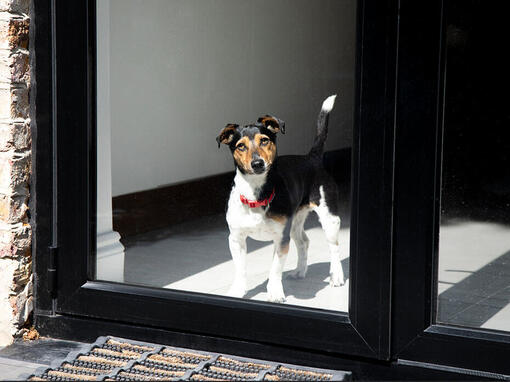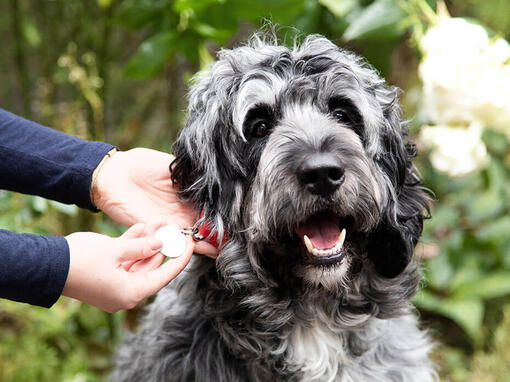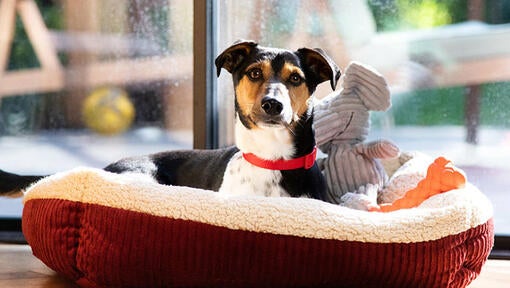Personality
This is a strong terrier, muscular, compact, and with a sense of fun. A Soft Coated Wheaten Terrier will want to be included in everything you do, and can prove a trustworthy companion in the right home. As with all terriers, there is the sparkle of mischief in their eyes and this is a breed that will keep you on your toes even with frequent training!
Intelligent and quick to learn, the Wheaten is also independent and will require motivation in the form of positive reinforcement training using food, toys and the opportunity to perform enjoyable activities.


